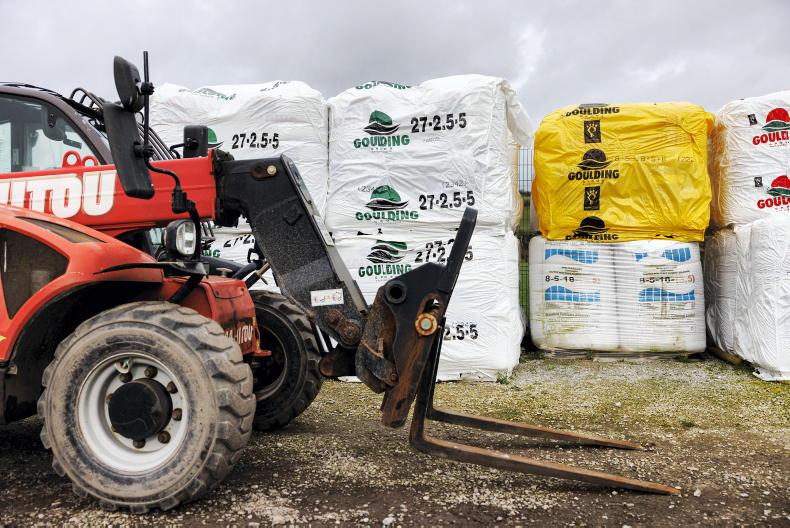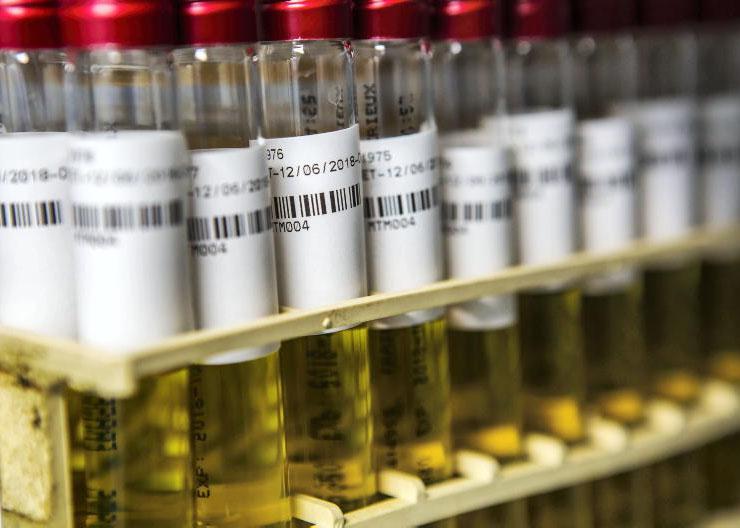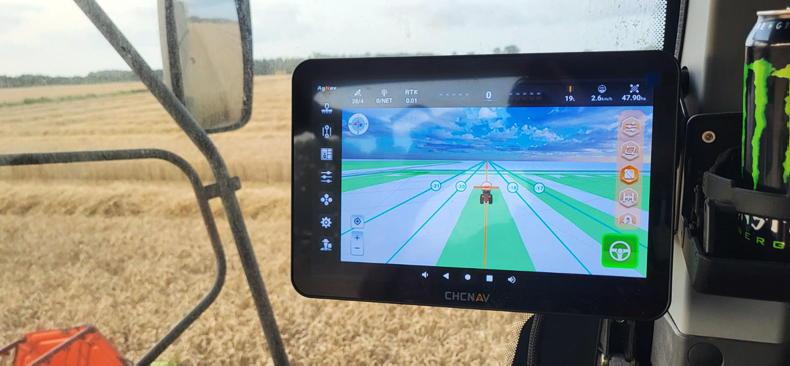Deliveries of fertiliser to NI farms hit a record low during the first half of 2023, according to new data published by DAERA.
In the first six months of 2023, there were 151,000t of fertiliser sold in NI, which is 4% less than the 157,600t delivered during the same period last year. Despite prices easing back throughout the first half of 2023, total fertiliser sales for the first six months of the year are the lowest in DAERA’s quarterly dataset, which runs back to 2008.
Fertiliser deliveries were extremely quiet in the first quarter of 2023, with 29,500t moving on-farm, compared to 103,500t a year earlier.
Sales did pick up in the second quarter to sit at 121,500t, up from 54,100t during the same period in 2022, although total deliveries for the first two quarters in 2023 combined are still well behind previous years.
The figures also show there was little evidence of farmers forward-buying more fertiliser late last year for spreading in 2023.
There were 18,400t delivered to NI farms in the final quarter of 2022. That is down from 25,400t in the last three months of 2021 and is on par with the 18,600t sold in the final quarter of 2020.
More recently, reports from local merchants suggest fertiliser sales have been quiet throughout July, August and early September.
Suppliers are also expecting very limited buying activity before next spring, with tight cashflow across all farming sectors, as well as some farmers getting burnt with buying expensive fertiliser last winter, only for prices to fall by spring.
There has been little change in pricelists at local merchants in the run up to the 15 September deadline for spreading chemical nitrogen and phosphorus fertiliser.
Quotes for CAN remain around £330/t, with compound products such as 25-5-5 typically priced at £410/t.









SHARING OPTIONS